Education remains a key priority for governments in Africa. In light of the dynamic and ever evolving society of today, the education space has not been stagnant, but rather it continues to undergo innovative changes which seek to enhance educational outcomes effectively and efficiently. The roles of the teacher, student, peers, guardian and authorities in education require continued redefining to improve learning.
The United Nations Educational, Scientific and Cultural Organization (UNESCO) takes a holistic and comprehensive approach to promoting ICT in education and further emphasises that technology is a potential panacea to access, inclusion and quality related challenges in the education sector. The global village in which today’s scholar exist calls for improved digital literacy and access to quality learning resources beyond the conventional four wall classroom.
The high student teacher ratio, scarcity of textbooks, long distances to school led to the evolution of Ruzivo digital learning which seek to promote access to quality education and enhance inclusion. The Ruzivo digital learning platform has been rolled out in all provinces in Zimbabwe covering primary and secondary content.
A mixed methods approach involving quantitative analysis of platform usage statistics and qualitative stakeholder engagements through focus group discussions and key informant interviews informed the findings of this paper. Key findings show that Ruzivo Digital learning is a useful learning platform for the learner and teacher and has reached north of 600,000 registrations and 160,000 active users since inception in 2016. It is rated as most popular on the market and is bridging the gap in terms of access to educational content though there is critical need to boost ICT skills amongst educators.
Read or download the whitepaper here: Insights from the case of Ruzivo Digital Learning in Zimbabwe (White Paper)


